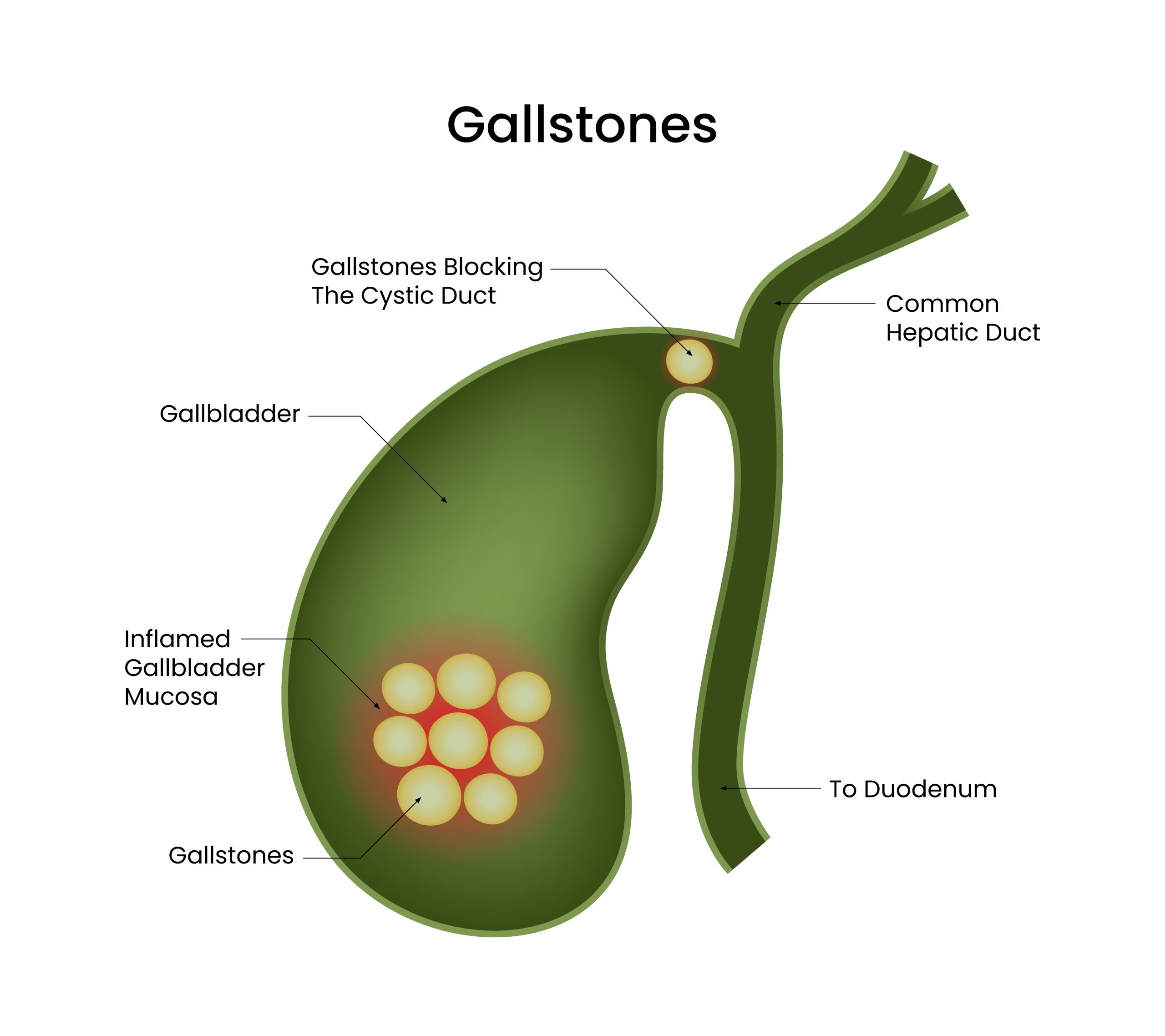Gallbladder surgery, or cholecystectomy, is a common procedure performed to treat symptomatic gallstones. If you’ve been advised to undergo this surgery, asking the right questions can help you prepare and make informed decisions. Here are key topics to discuss with your surgeon before proceeding.
- Why Is Surgery Necessary in My Case?
Understanding why surgery is recommended for your specific condition is crucial. Ask:
-
- Do I have complications such as inflammation (cholecystitis) or bile duct blockage?
- Are there alternative treatments I should consider?
- What are the risks of delaying surgery?
- What Type of Surgery Will Be Performed?
-
- Laparoscopic cholecystectomy (minimally invasive, shorter recovery)
- Open cholecystectomy (larger incision, typically for complex cases) Ask your surgeon:
- Which method is best for me and why?
- What factors determine whether laparoscopic surgery can be performed?
- Will robotic-assisted surgery be an option?
- What Are the Risks and Complications?
Every surgery carries some risks. Important questions include:
-
- What are the potential complications, such as bile duct injury or infection?
- How frequently do complications occur in patients like me?
- What symptoms should I watch for after surgery?
- How Should I Prepare for Surgery?
Preparation can improve recovery outcomes. Ask:
-
- Should I stop any medications before surgery?
- How long should I fast before the procedure?
- Will I need preoperative tests or imaging?
- What Will Recovery Be Like?
Knowing what to expect can ease concerns. Key questions include:
-
- How long will I stay in the hospital?
- How soon can I return to normal activities?
- Will I need pain medication, and what are my options?
- Will I Have Any Digestive Issues After Surgery?
The gallbladder helps store bile for digestion. Ask:
-
- Will I need to change my diet?
- Can I still eat fatty foods?
- What percentage of patients experience long-term digestive issues?
- What Follow-Up Care Will I Need?
Post-surgery care ensures a smooth recovery. Ask:
-
- How can I reach you if I have any questions/ concerns after surgery?
- How can I reach you if I need urgent help?
- When should I schedule follow-up appointments?
- What signs of complications should I look for?
- How will the absence of my gallbladder affect my long-term health?
Final Thoughts
Gallbladder surgery is a highly effective treatment for gallstones, but asking the right questions empowers you to make confident decisions. Open discussions with your surgeon help ensure the best possible outcome for your health and recovery.
